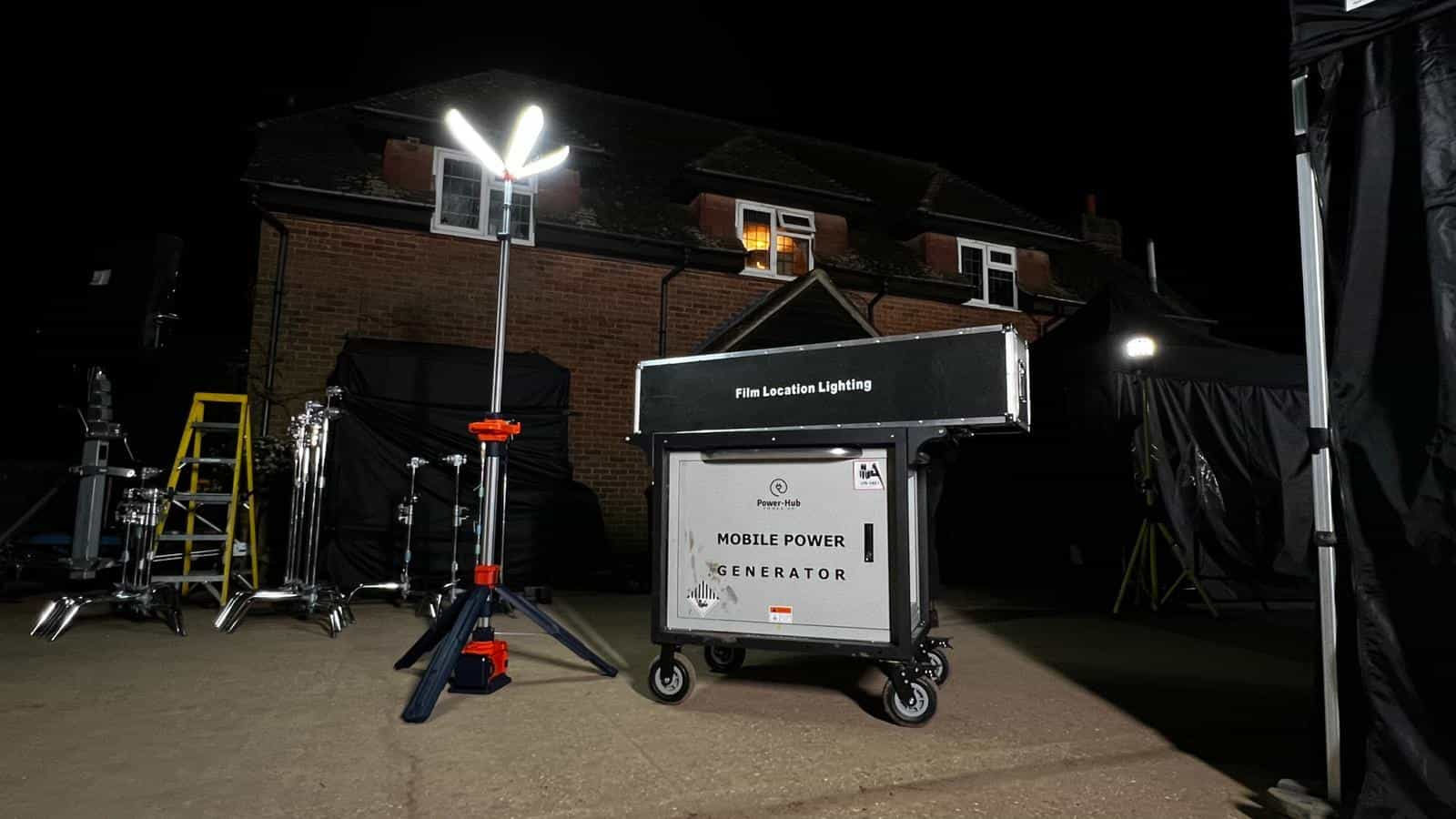
With the increasing popularity of solar energy, it's crucial to understand the various components involved in a solar energy system. One of the most important components is the solar charge controller, also known as a photovoltaic charge controller. In this article, we'll explore what solar charge controllers are, how they work, and their significance in a solar energy system.
A solar charge controller is an electronic device that manages the flow of electrical energy from a solar panel to a battery. It acts as a regulator, ensuring that the battery is not overcharged or undercharged, and protects it from damage. Solar charge controllers are crucial for maintaining the battery's longevity and performance.
Solar charge controllers work by monitoring the voltage and current from the solar panel and regulating the flow of electricity to the battery. They have three main functions:
Solar charge controllers play a crucial role in maintaining the battery's longevity and performance. They ensure that the battery is not overcharged or undercharged, which can reduce its life span and performance. They also protect the battery from damage and provide protection functions to ensure its longevity and performance.
In conclusion, solar charge controllers are an essential component of a solar energy system. They regulate the flow of electrical energy from the solar panel to the battery, ensuring that the battery is not overcharged or undercharged. By doing so, they maintain the battery's longevity and performance and protect it from damage.

